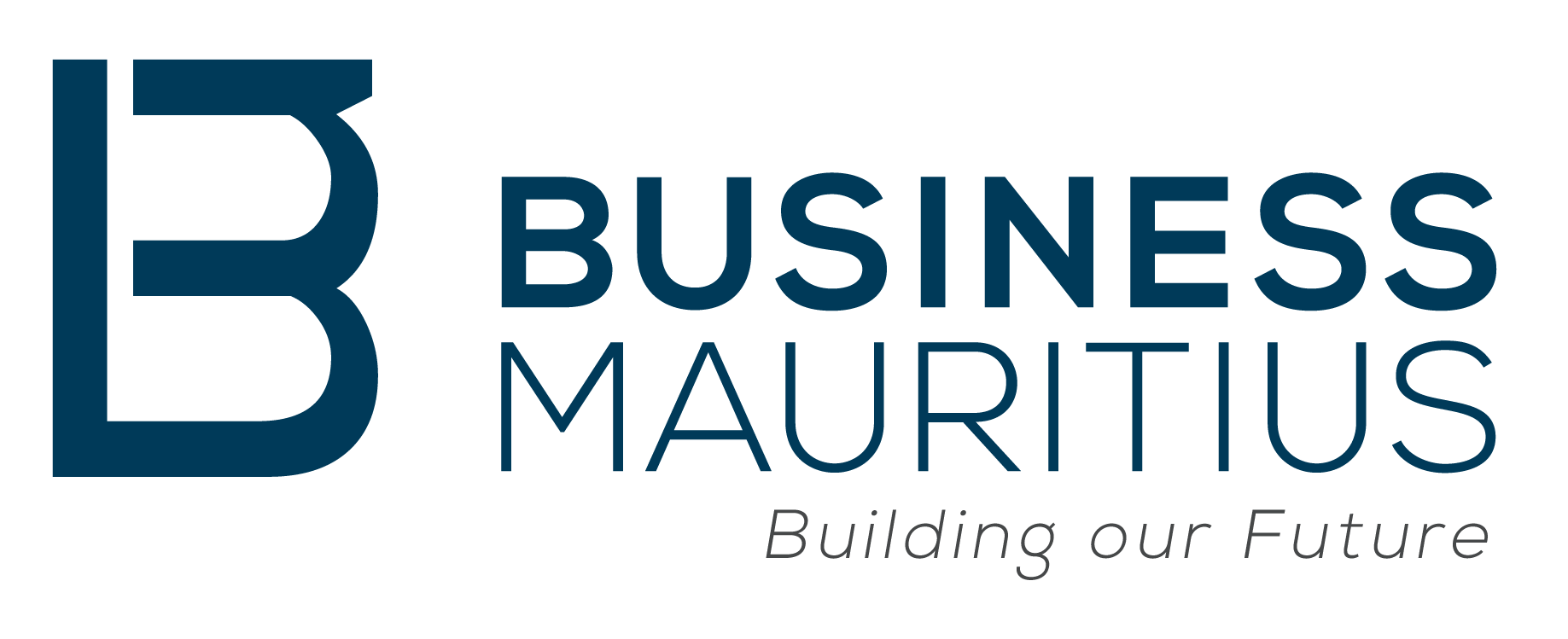Subcommittees under the Economic Commission
Created as part of the Economic Commission’s work on National Priorities (see section below on “Activities of the Economic Commission”), this subcommittee is focused on formulating a comprehensive and workable action plan to enhance both infrastructure and service levels, ensuring alignment with the country’s economic growth and regional significance. Three focus areas have been identified: gaps in hardware and cargo infrastructure, gaps in productivity and managerial capabilities, and the lack of a clear long-term port strategy.
This subcommittee focuses on elaborating a digital transformation strategy for Mauritius. With active participation from industry leaders as well as public sector authorities such as the EDB and the FSC, the subcommittee works to identify the needs and gaps within the current financial and digital landscape. Several recommendations by the subcommittee featured in the Budget Speech 2024/2025 by the Minister of Finance, Economic Planning, and Development, including most notably the launch of a national AI-for-All campaign.
The issue of drugs remains a top priority on the Government’s agenda and is of concern to us as a close-knit society. Business Mauritius, through its Economic Commission, is also engaged in consultations together with various stakeholders in support of the National Drug Secretariat, under the aegis of the Prime Minister’s Office, for the formulation of the next National Drug Control Masterplan 2024–2028.
The APHEI is a highly active representative of the sector and aims to promote and protect the involvement of private higher education institutions in the country. On 28 March 2024, Business Mauritius facilitated the third Annual General Meeting of the APHEI. Regular meetings were held throughout the year in review, and the APHEI has engaged in:
(a) Stakeholder discussions and the development of a strategic paper to support the positioning of Mauritius as an Education Hub;
(b) Consultations with the PIO, HEC, and Business Mauritius to highlight key concerns and recommendations on proposed amendments to the international student visa guidelines;
(c) Consultations for the submission of recommendations for the Budget Memorandum 2024/2025.
In November 2023, with some members having stepped down, new members were voted onto the subcommittee board, covering activities such as commercial real estate and smart city/PDS developers. As of 30 June 2023, the Real Estate subcommittee, chaired by Johan Pilot of ENL Property, featured 25 members, of which 11 were board members.
The main objective of the subcommittee is to define a strategic direction for industry positioning and collectively address sector challenges. The subcommittee worked closely with the Economic Commission to relay industry concerns to high-level public authorities and also contributed to pertinent recommendations for the Budget Memorandum 2024/2025.
The Africa Strategy subcommittee was established to develop a Mauritian private sector vision for Africa, emphasize crucial investment and trade markets, promote people movement, and establish Mauritius as a gateway between Africa and Asia.
While the current Government strategy includes significant financial support for businesses, with 69 companies from Mauritius operating across Africa, there is still a need to improve regional connectivity through strategic partnerships with African airlines, better marketing strategies to develop the medical hub and education hub, and a focused strategy on specific countries and sectors for trade in services.
Acknowledging the pivotal role SMEs play in driving national economic development, Business Mauritius is deeply involved in policy discussions and initiatives to foster their ecosystem. Recently, with the support of the United Nations Development Programme (UNDP), Business Mauritius developed a procurement platform designed to connect SMEs and large enterprises based on their procurement needs (see the section below on "Projects by the Economic Commission"). Through this project, Business Mauritius is committed to empowering SMEs by providing wider access to procurement opportunities and the potential for collaborative partnerships within the industry.
The Healthcare Working Group is constituted by representatives of private clinics, laboratories, and the Insurers’ Association of Mauritius. Over the past financial year, the healthcare sector has faced strains such as shortages of specialist doctors and nurses, excessive processing times for occupation permits, and challenges in the allocation of contracts for overseas treatments. Recruitment and capacity building for specialist nurses and technicians are also significant ongoing challenges. Several efforts to address these issues include collaborative initiatives and MOUs with authorities. The working group has also participated in public-private collaborative discussions to help tackle crises such as the dengue fever outbreak. Consultations were carried out for the submission of recommendations in the healthcare sector for the Budget Memorandum 2024/2025.
The Freeport Developers Working Group, comprising key players from the Freeport sector, was established to develop a common strategy to sustain the sector and secure long-term job retention. Its objectives include structuring a comprehensive strategy for the sector and positioning Mauritius competitively in the international Freeport market.
The Pensions Working Group focuses on the current multi-pillar pension system, the Portable Retirement Gratuity Fund (PRGF), and the Contribution Sociale Généralisée (CSG). The threats to the sustainability of the pension system and the need for concerted reform to reduce public debt and improve fiscal space are crucial areas of discussion. Concerns and recommendations were formulated through a position paper, which was submitted to the Prime Minister in December 2023.
The Research and Innovation Working Group was established in 2022 to tackle key challenges in Research and Innovation (R&I) in Mauritius. Its objectives include defining R&I focus areas, identifying research labs, exploring funding sources, proposing investment incentives, and creating a knowledge and intellectual property sharing framework between research and industry.
The following organizational entities set up under the Economic Commission have served their mandate and are being dissolved:
- Fintech Subcommittee
- Energy Biomass Working Group
- Opening up to Talent and Investors Working Group
